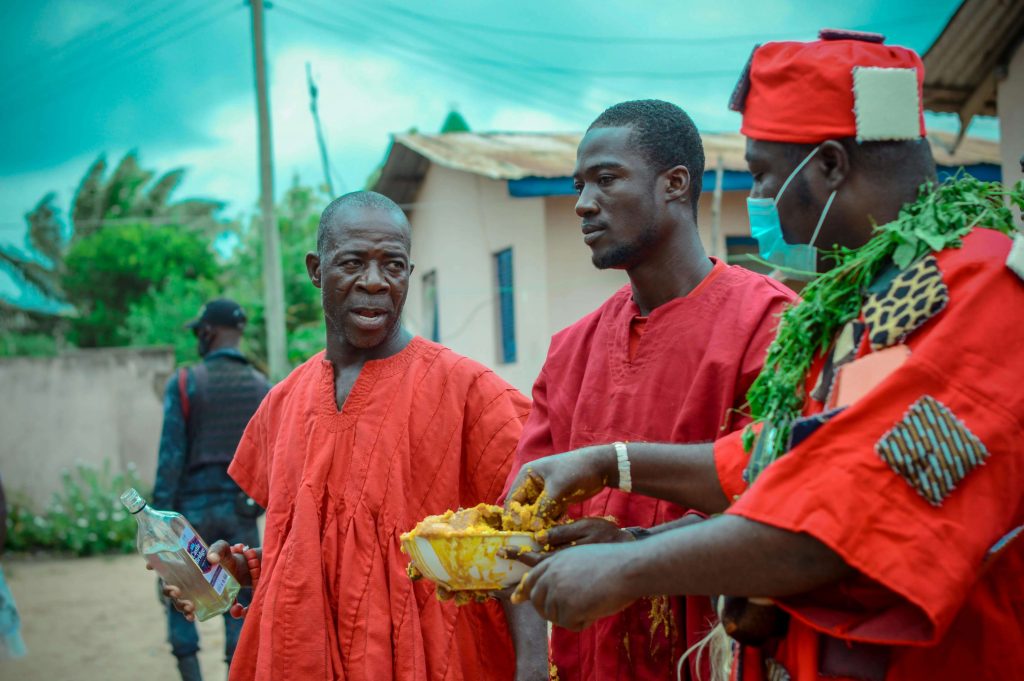Earth Month, home to Earth Day on April 22nd each year, serves as a global moment of unity, bringing together diverse cultures in celebration of our planet and its preservation. From indigenous ceremonies in the Americas to ancient traditions in Asia, Earth Day reflects a mosaic of cultural perspectives, each emphasising reverence, stewardship, and interconnectedness with the natural world. By exploring how communities worldwide honour Earth Day, we uncover the deep connection between culture and environmental consciousness, underscoring the collective responsibility to protect our planet for generations to come.
Earth Day is celebrated across the world with diverse cultural perspectives, each reflecting the unique values, beliefs, and practices of different societies. Let’s delve deeper into these cultural perspectives and explore some examples.
Eastern Philosophies
In Buddhist cultures, Earth Day is often observed with practices such as tree planting ceremonies, meditation retreats in nature, and teachings on ecological stewardship. The concept of interconnectedness, or “dependent origination,” underscores the Buddhist view of humanity’s relationship with the Earth. In Japan, the ancient tradition of forest bathing, or shinrin-yoku, has gained popularity as a way to reconnect with nature and promote well-being. Earth Day events in Japan often include guided forest walks and workshops on traditional nature-inspired arts like bonsai and Ikebana.

In India, Earth Day aligns with festivals like Pongal in the south and Baisakhi in the north, both of which celebrate the harvest season and express gratitude to the Earth for its abundance. These festivals emphasise the importance of sustainable agriculture and living in harmony with nature.
European Societies
Earth Day, which originated in the United States in 1970, has evolved into a global movement for environmental awareness and action. Millions of people around the world participate in Earth Day events, from community clean-ups and tree plantings to advocacy campaigns and educational initiatives.
In Europe, Earth Day is celebrated with a wide range of activities, including eco-festivals, green markets, and sustainable living workshops. Countries like Germany and Sweden are known for their strong environmental policies and commitment to renewable energy. In the United Kingdom, Earth Day is celebrated with events like the Great British Spring Clean, where volunteers across the country participate in litter-picking activities to clean up parks, beaches, and public spaces.
Asian Perspectives
In China, Earth Day is marked by government-sponsored events such as tree planting campaigns and environmental education programs. The country has made significant investments in renewable energy and pollution control to address its environmental challenges. Japan’s traditional arts and crafts, such as origami and ceramics, often incorporate motifs inspired by nature. Earth Day events in Japan may include workshops on these crafts, highlighting the cultural value of environmental awareness and creativity.
In South Korea, Earth Day is celebrated with events like the Seoul Eco Film Festival, which showcases documentaries and films on environmental issues. The festival aims to raise awareness and inspire action among audiences of all ages.
African Traditions
Across the continent of Africa, Earth Day is celebrated in diverse ways that reflect the continent’s rich cultural heritage. In countries like Ghana and Nigeria, traditional festivals such as Homowo and Olojo are occasions to honour the Earth and ancestors through music, dance, and rituals.

Many African communities practice sustainable land management techniques passed down through generations, such as agroforestry, rotational grazing, and water harvesting. These traditional practices demonstrate the intimate relationship between culture and environmental stewardship. The Dogon people of Mali celebrate the Sigui festival every 60 years to honour the Earth’s renewal cycle and the Sirius star system, which they believe holds vital agricultural knowledge. This festival involves elaborate masked dances, rituals, and storytelling.
Central and South American Perspectives
In parts of Central and SouthAmerica, Earth Day celebrations often blend indigenous traditions with Catholic influences, as seen in events like the Fiesta de la Virgen de la Candelaria in Peru, which includes rituals honouring Pachamama (Mother Earth) alongside Catholic devotions. With countries such as Brazil, Ecuador, and Costa Rica being home to some of the world’s most biodiverse regions, including the Amazon rainforest and the Galápagos Islands, efforts to protect these ecosystems are central to Earth Day activities in countries like Brazil, Ecuador, and Costa Rica.
In Mexico, Earth Day coincides with the Dia de la Tierra, a day dedicated to environmental awareness and conservation. Indigenous communities in Mexico celebrate this day with rituals, ceremonies, and reforestation projects to honor the Earth and protect sacred sites.
Indigenous Cultures
In indigenous cultures like those of the Native American tribes, Earth Day is deeply rooted in their spiritual beliefs and connection to the land. Ceremonies such as the Sun Dance among the Lakota people or the Green Corn Ceremony of the Cherokee Nation are held to honour the Earth’s cycles and express gratitude for its abundance. The Maori of New Zealand celebrate Matariki, the Māori New Year, which coincides with Earth Day celebrations. It’s a time for reflection, renewal, and connection with the land and stars.
In Australia, Indigenous communities celebrate Earth Day through events like the National Sorry Day, which acknowledges the historical mistreatment of Indigenous peoples and their connection to the land. Traditional ceremonies, such as smoking ceremonies, are conducted to cleanse and purify the Earth.
Overall, Earth Month and Earth Day itself serves as a global platform for celebrating cultural diversity while promoting collective action to protect the planet. Whether through ancient rituals, modern activism, or innovative sustainability initiatives, cultures around the world continue to play a vital role in shaping our relationship with the Earth.

